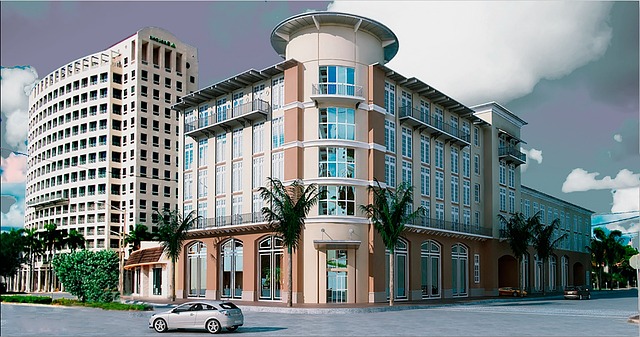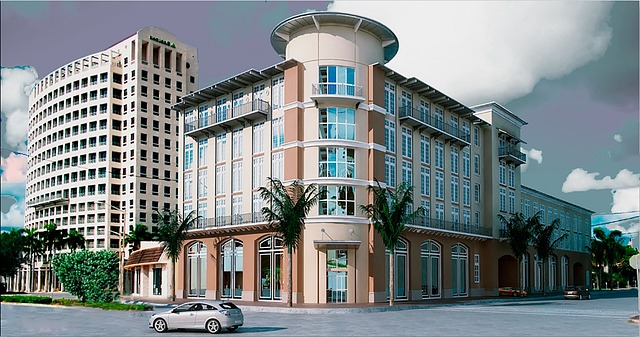Specialized lease clauses in real estate are crucial for crafting tailored agreements, addressing unique terms like renewal options, maintenance, subletting, and dispute resolution. These clauses, adapting to dynamic market conditions, include rent review, use and occupancy, and force majeure provisions, fostering transparency and risk mitigation. Professionals must carefully draft, review, and stay informed about industry trends to ensure mutually beneficial real estate transactions.
In the dynamic landscape of real estate, complex leases with specialized clauses are becoming increasingly prevalent. These intricate agreements offer both opportunities and challenges for landlords and tenants alike. This article delves into the intricacies of these clauses, providing a comprehensive guide on understanding, negotiating, and managing them effectively. From common provisions to navigating risks and benefits, gain valuable insights into optimizing your real estate investments and partnerships.
Understanding Specialized Lease Clauses in Real Estate

In the realm of real estate, understanding specialized lease clauses is paramount for both landlords and tenants alike. These clauses go beyond standard terms and conditions, addressing unique aspects that can significantly impact the tenancy agreement. From flexible renewal options to intricate maintenance responsibilities, each provision requires careful consideration to avoid potential disputes or misunderstandings.
Specialized lease clauses offer tailored solutions to accommodate specific property needs or tenant preferences. For instance, they might include provisions for subletting restrictions, specific use guidelines, or detailed mechanisms for resolving conflicts. By clearly defining these terms, landlords and tenants can foster a stronger partnership, ensuring a mutually beneficial arrangement throughout the lease period.
Common Complex Lease Provisions: A Deep Dive

In the real estate sector, complex leases with specialized clauses are becoming increasingly common as businesses and property managers seek to protect their interests and adapt to evolving market conditions. A deep dive into these provisions reveals several key elements that form the backbone of such agreements. Among the most prevalent are rent review clauses, which allow landlords to adjust rental rates based on market fluctuations, ensuring fair compensation for property owners while providing tenants with some protection from sudden increases.
Another critical provision is the use and occupancy clause, detailing the intended purpose of the leased space and any restrictions or requirements related to its use. This safeguards against unauthorized activities and ensures properties are used in a manner consistent with zoning regulations. Additionally, complex leases often incorporate force majeure clauses, offering provisions for unexpected events like natural disasters or pandemics, allowing both parties flexibility and relief during extraordinary circumstances. These detailed stipulations not only foster transparency but also mitigate risks for all involved parties in the real estate transaction.
Navigating Risks and Benefits of Specialized Leases

Navigating the complexities of specialized leases in real estate involves a careful balance between managing risks and harnessing benefits. These unique lease agreements, often tailored to specific property types or uses, can offer advantages such as flexibility, cost savings, and access to niche markets. However, they also introduce risks like increased legal complexity, potential liability shifts, and the need for specialized knowledge and expertise.
For real estate professionals, understanding these clauses is vital. It requires a thorough review of contract terms, consultation with legal experts, and staying informed about industry trends. By doing so, landlords and tenants can mitigate potential pitfalls while reaping the rewards of specialized leasing arrangements, ensuring a mutually beneficial agreement in the dynamic landscape of real estate.






